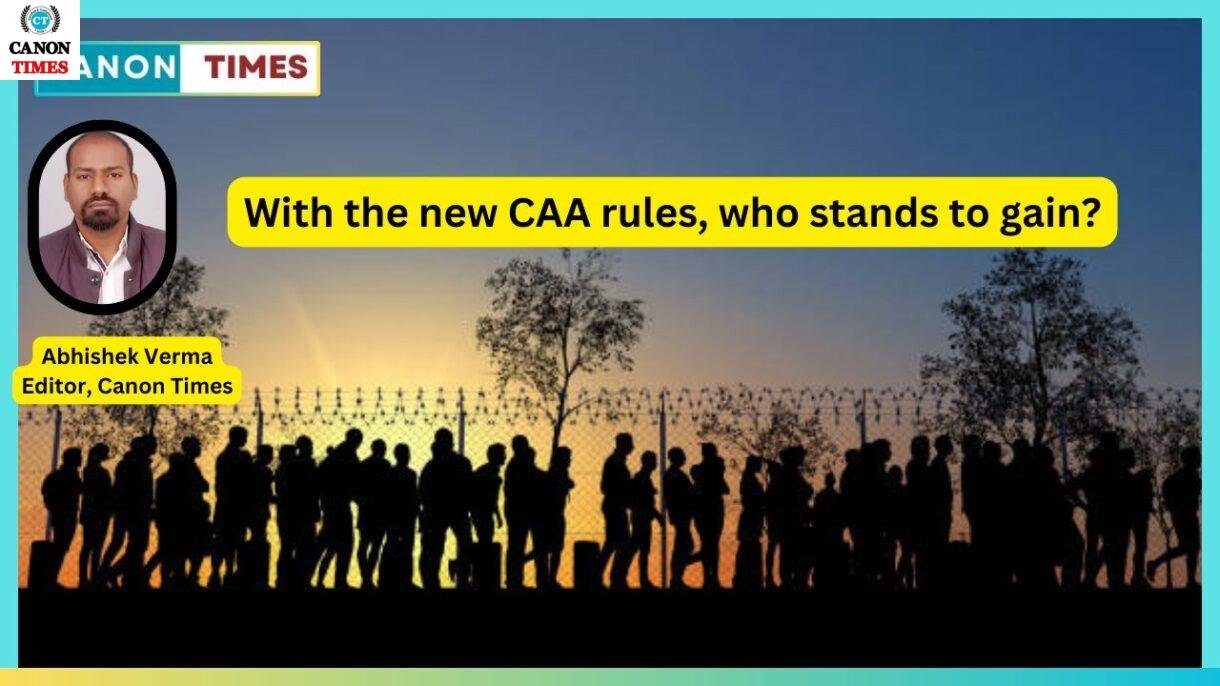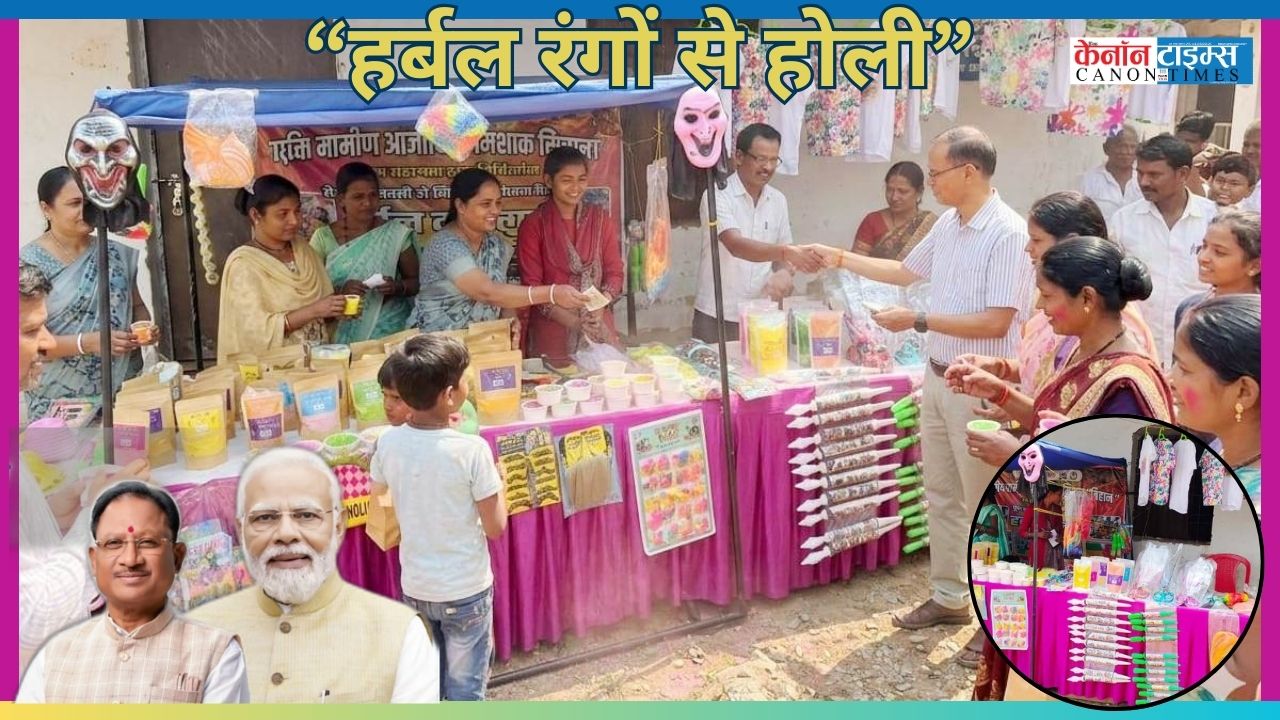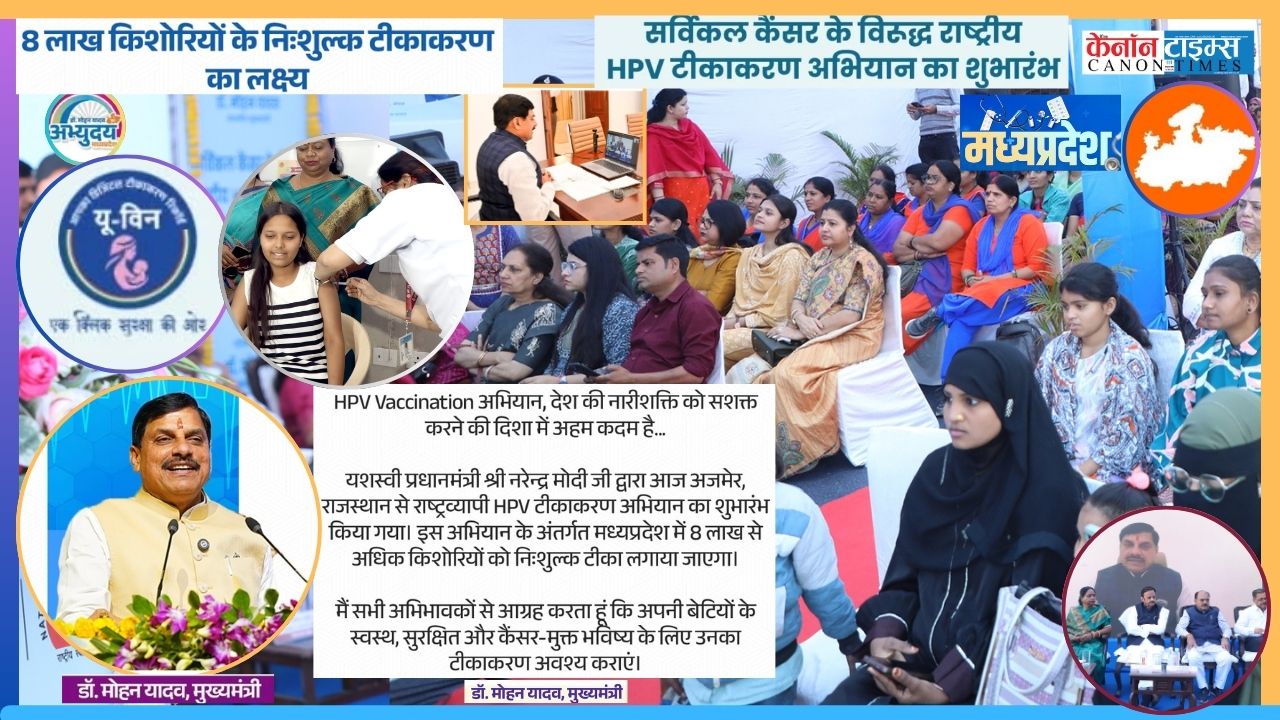About 80,000 petitions from Hindus in Pakistan have been languishing with the authorities since 2010, according to a nonprofit that defends the rights of Pakistani minority migrants in India.
Why are there conflicts among various ethnicities over the process in states like West Bengal and Assam?
The Citizenship Amendment Rules, 2024 were announced by the Ministry of Home Affairs (MHA) on March 11. The notification facilitated the enactment of the Citizenship Amendment Act (CAA), which was approved by Parliament on December 11, 2019, and permits citizenship based on religion for the first time. In order to facilitate citizenship for undocumented migrants from Afghanistan, Bangladesh, and Pakistan who belong to six non-Muslim communities and entered India on or before December 31, 2014, it amended the Citizenship Amendment Act, 1955, making two significant changes. Firstly, it shortened the existing 11-year qualifying period for citizenship to five years.
What are the guidelines saying?
Despite the fact that the Act was introduced to assist undocumented migrants, the Rules provide that a number of papers must be filed on an internet portal in order for the application to be approved. A sworn affidavit stating the country of origin and date of entry into India, a document issued by a government authority in one of the three countries, and an eligibility certificate from a reputable community institution in the area attesting to the individual’s adherence to one of the six faiths are required.
In order to demonstrate the applicant’s nationality, the Ministry has designated nine specific documents: copies of passports, birth certificates, school or educational certificates, identity documents, licences, land or tenancy records issued by the governments of Afghanistan, Bangladesh, or Pakistan; documentation proving the applicant’s parents, grandparents, or great grandparents are or were citizens of one of the three nations; and registration certificates or residency permits issued by the Foreigners Regional Registration Officer in India.
To verify entrance into India, the applicant must submit any one of the 20 specified papers, including their PAN card and Aadhaar. The type of institution designated by the MHA to verify an applicant’s religion has not been specified.
Is the entire count of beneficiaries known?
Union Home Minister Amit Shah claimed that “lakhs and crores” of people would benefit from the legislation when it was passed by the Rajya Sabha, but Trinamool Congressman Derek O’Brien stated that the Director of the Intelligence Bureau had stated in a report that about 31,000 people would be the immediate beneficiaries.
In a recent interview, Mr. Shah stated that the administration is working to find a mechanism for those without the necessary paperwork to apply under the CAA.
In what ways does the CAA affect various states?
The CAA will benefit a great deal of Hindus and Sikhs from Pakistan and Afghanistan who entered India legally but discovered that their passports and visas had expired. It shortens the five-year waiting period to get citizenship.
Nevertheless, they qualified for citizenship in any case according to Sections 5 and 6 (1) of the Citizenship Act of 1955. A organisation called Hindu Singh Sodha, Seemant Lok Sangathan, which fights for the rights of Pakistani migrants in India, claims that since 2010, the government has not processed almost 80,000 petitions from Hindus in Pakistan. The majority of Sikhs and Hindus from Pakistan arrived here either on pilgrimage or on long-term visas (LTV). The Lifetime Values awarded for five years serve as a basis for citizenship. Hundreds of Hindus and Sikhs who arrived in India in 2010 alleging religious persecution in Pakistan were granted Lifetime Transfers (LTVs) by the Congress-led United Progressive Alliance government in 2011.
When the CAA guidelines were announced, a portion of the Matua sect, who had immigrated from Bangladesh (then East Pakistan), in West Bengal, rejoiced. About 2.8 crore members of the Scheduled Caste community are eligible to receive benefits, but they must first disclose their ties to Bangladesh.
According to the Supreme Court’s orders, Assam is the only State with a National Register of Citizens (NRC) that was assembled in 2019. After a five-year compilation process costing ₹1,220 crore, the list excluded almost 19 lakh out of the 3.29 crore applications in Assam. Reluctant to apply may be the Hindus, who are not allowed to join the NRC but stand to gain from the CAA.
Bengali Hindus would be required by the CAA to certify that they are from Bangladesh when they apply for the NRC under the Indian nationality clause, according to a lawyer.
Abhishek Verma
Editor, Canon Times
Author: This news is edited by: Abhishek Verma, (Editor, CANON TIMES)
Authentic news.






